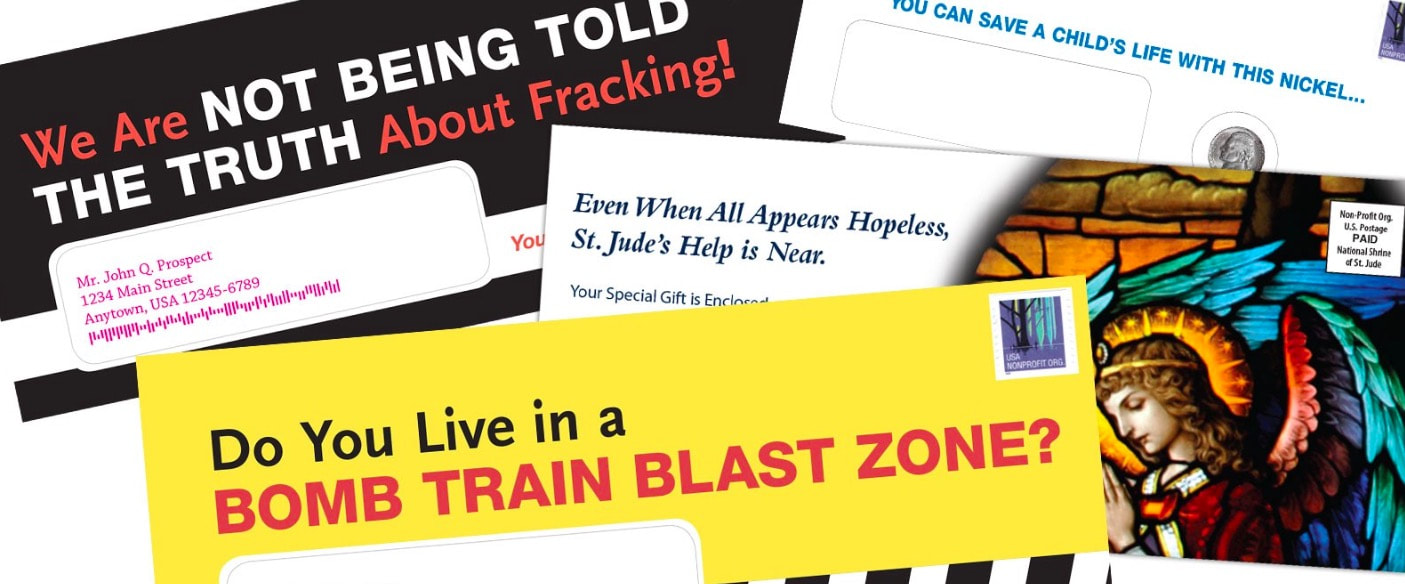|
Advertising has fostered and honed the writing skills of a number of great writers. F. Scott Fitzgerald, Dorothy Sayers, Don DeLillo, Joseph Heller and Salman Rushdie all worked as advertising copy writers before or while they were working on their own stuff. Should be no surprise that writing advertising copy can teach you how to be more persuasive. Your creative chops will be stretched as you learn to write within constrained and defined parameters. Advertising teaches you to write with an economy of words. And you’ll learn the discipline of writing to a deadline. All essential attributes for any kind of writing. I’ve learned these skills by selling a lot of things in my career as a copy writer: computers, motorcycles, golf clubs, industrial pumps, cameras, clothing, circuit boards, hotels and software, to name only a few. All tangible things. And even when I’ve written copy to sell services like banking, credit, insurance, education and healthcare, I was still offering customers something tangible in return for their money. In advertising, we sell these products and services with the aid of powerful graphic design, catchy headlines and taglines, evocative photography, illustration, film, video, soundtracks and voiceovers. These carefully crafted and often audience-tested messages are placed everywhere we know our target audience will be — on their television and computer screens, in their print and online newspapers and magazines, on their favorite websites, embedded in their mobile apps, on their billboards, their radios, and in their malls and stores. Even with all of these elements of persuasion at a copy writer’s disposal, making a sale is still an extremely difficult thing to do. Over the course of the twenty years I’ve spent writing copy for several advertising agencies and countless clients, I’ve had some great successes, some disastrous failures and the awards and scars to prove it. But all of this was a proverbial piece of cake, a walk in the park, an add-your-own-cliché for “easy,” compared to what I do now. For the last nineteen years, I’ve raised hundreds of millions of dollars for nonprofit organizations of all sizes, shapes and missions. And I’ve done it with nothing more than words on a page. One or two sheets of paper folded into an envelope. Display and social ads, Text and video on a landing page. A message sent to your email inbox. If you want to learn how to tell stories that can literally change the world, that have the power to speak deeply and profoundly to people’s hearts and minds, that have the ability to influence, move and compel people to act — including the most difficult act of parting with their money — then you may want to learn how to write fundraising appeals. If you want to know how to mine the resonant power of words, there really is no better training ground. Asking someone to make a single contribution to a cause is one thing. Convincing that person to become a loyal donor and give repeatedly is quite another. Donors become loyal because they’ve made an emotional connection with an organization, a cause, a mission. They believe and support what an organization stands for and accomplishes. And they are passionate about it, whether it’s feeding hungry children, sheltering the homeless, spreading the Gospel, saving the whales and wolves, or curing cancer, diabetes and Alzheimer’s disease. Making this emotional connection, fostering this belief, and fueling this passion is the job of the copy writer. And the fundraising copy writer offers nothing more to his or her audience in return for their check or credit card number than the implied promise of the good feeling a donor will experience when they give — the good feeling that comes from being able to help, from being given the opportunity to meet a need, make a difference and have a real, tangible impact on the world. In short, given the chance to be a hero. Now that I think of it, these are all pretty powerful things to offer. Being a hero is more powerful than a motorcycle, or a golf club. More powerful than a computer, a pump, or a hotel room. Maybe my job writing fundraising appeals is actually easier than it was when I was selling stuff. Maybe… But since I’ve been writing print and digital nonprofit fundraising communications, I’ve not only become a more skillful writer and storyteller, I’ve also realized that I feel better writing copy to raise money for nonprofits than I do to sell stuff for corporations. Sure, I could easily sell you another golf club. And occasionally I still do. But I’d rather convince you to feed a hungry child. If you want to truly hone your writing skills, then learn to write fundraising appeals. You’ll not only become a better writer, you’ll also help make the world a better place at the same time. If you want to learn how to write fundraising appeals, Mal Warwick’s book, How to Write Successful Fundraising Letters, published by Jossey-Bass, is a great place to start. And you can always contact me if you want help with your next fundraising campaign.
0 Comments
|
AuthorRichard is a branding, marketing and direct response fundraising copywriter, creative director and fine-art painter who was once addicted to the hokey-pokey, but turned himself around. Archives
February 2023
Categories |

 RSS Feed
RSS Feed